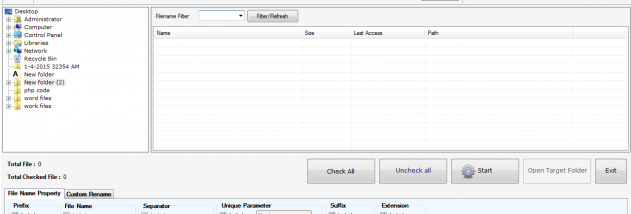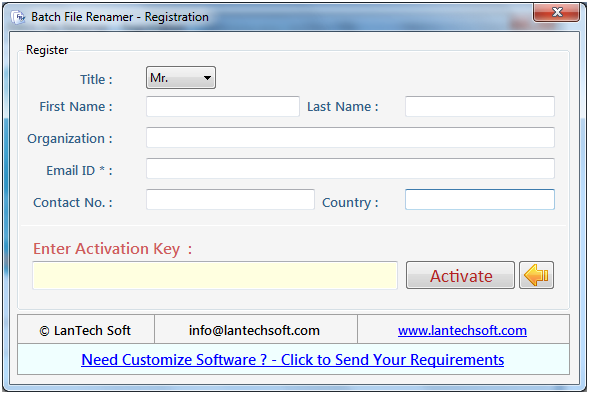

When you’re ready, click the “Rename” button, and PowerRename will perform the operation you’ve specified.

Use Regular Expressions: This allows the use of powerful search strings known as regular expressions, which can enable very in-depth or complex search-and-replace operations.

If the script is called with, say, c:\temp\, removing this line would change the name to c:\teAp\ in the end.

If "%~1"="%StartDir:~0,-1%" exit /b 0: This line was placed to stop the argument directory itself from being processed. It can rename files or folders and do so much more. If a files is given as a parameter, the whole container directory and subdirs will be processed. If all you need to do is rename a batch of files into a naming structure like 'Football(1), Football(2). Set Startdir=: I wanted to secure, somehow, the argument and taking only the path from it. Set Replaces=: Set this variable to whatever pairs you need changed. This is a non-destructive script, remove the echo from the correct commands in order to rename any file/directory. Tom, fiddling around with a previous script I posted, here is one processing all files and subdirectories:įor /f "delims=" %%d in ('dir /ad /b "%~1"2^>nul') do call :RenameDirs "%~1\%%~d"


 0 kommentar(er)
0 kommentar(er)
